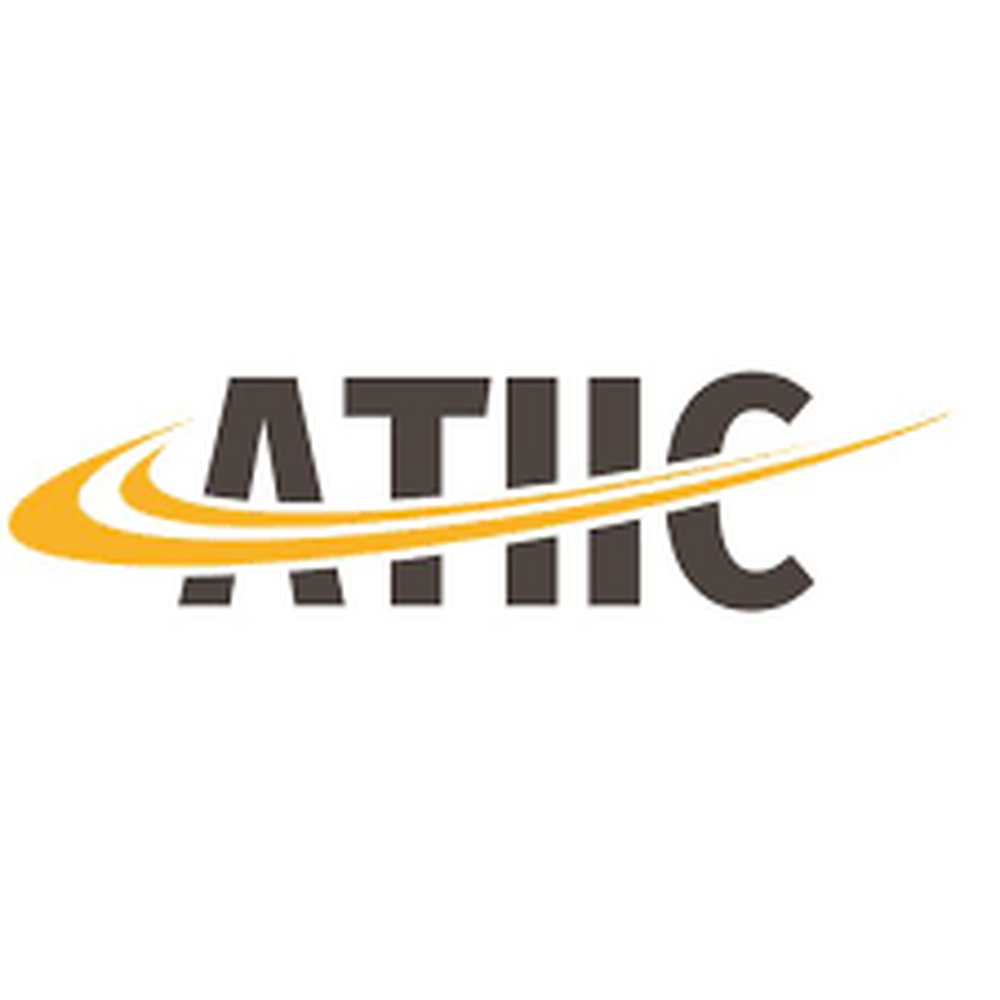site.btaEurozone Bill Threatens Free Market, Warn Bulgarian Non-Food Retailers


The Non-Food Traders Association (NFTA) strongly opposed the bill to amend and supplement the Introduction of the Euro in the Republic of Bulgaria Act, criticizing the lack of public consultation and the rushed legislative process, the organization said Wednesday, warning of serious harm to the Bulgarian economy and heightened market uncertainty.
The association's primary concern is a proposed ban on price increases during the dual-display period, which is expected to last around 18 months. The organization sees this as an unacceptable state intervention in the free market, introduced without public debate or an impact assessment. NFTA Executive Director Galin Popov stated that such interference contradicts fundamental principles of market economy.
The association also highlighted the proposed severe penalties, which could reach up to 1% of a company's annual turnover for repeated violations, potentially resulting in multimillion fines for large retailers. Businesses would also be required to prove that every price increase is "justified by objective economic factors," which is practically impossible in a time of inflation and constantly changing supplier costs on international markets.
NFTA also objects to last-minute changes to a law that was passed a year ago after months of public consultations and is due to take effect shortly. Popov pointed out that businesses have already invested heavily in compliance, and the proposed amendments would require urgent relabeling of products.
The association warned that new labeling requirements, such as mandatory use of equal font size for both currencies, could make pricing unclear on small tags, especially when euro cents are included, thus confusing consumers rather than informing them.
The draft bill also grants the Commission for Consumer Protection (CPC) unprecedented powers to oversee all prices in the country for 17 months. NFTA stated that this move resembles pre-1989-style central planning and undermines market principles. The CPC would have the authority to unilaterally assess whether a price increase is justified for any business in Bulgaria, with access to complete commercial data. This, the association argued, would subject business survival to the commission’s subjective judgment and represents unacceptable state overreach.
The requirement for large retailers to publish their prices online is seen as an additional bureaucratic burden.
The association argued that the bill also gives the CPC and the National Revenue Agency unrestricted power to demand any information from businesses without judicial oversight or protection of trade secrets, which is an infringement on constitutional rights and EU standards for economic freedom and data protection.
NFTA is calling for the draft bill to be rejected entirely. If additional measures are needed, the organization insists they must be carefully considered and publicly debated with the business community, allowing for adequate preparation time.
The association represents companies with 105 retail locations in 13 regional cities and more than 3,000 employees in sectors such as furniture, construction materials, sporting goods, and books.
The association’s official position on the euro bill has been submitted to the Parliament Chair.
The Association for Modern Trade also voiced concerns, stating that the amendments should be completely reconsidered based on a detailed impact assessment and legal review.
The Bulgarian Industrial Association and 15 of its member organizations also expressed dissatisfaction with the bill.
Following its approval by the parliamentary committee on economic affairs, the law is scheduled for a first reading in the National Assembly’s plenary session on Wednesday.
/NZ, MR/
news.modal.header
news.modal.text